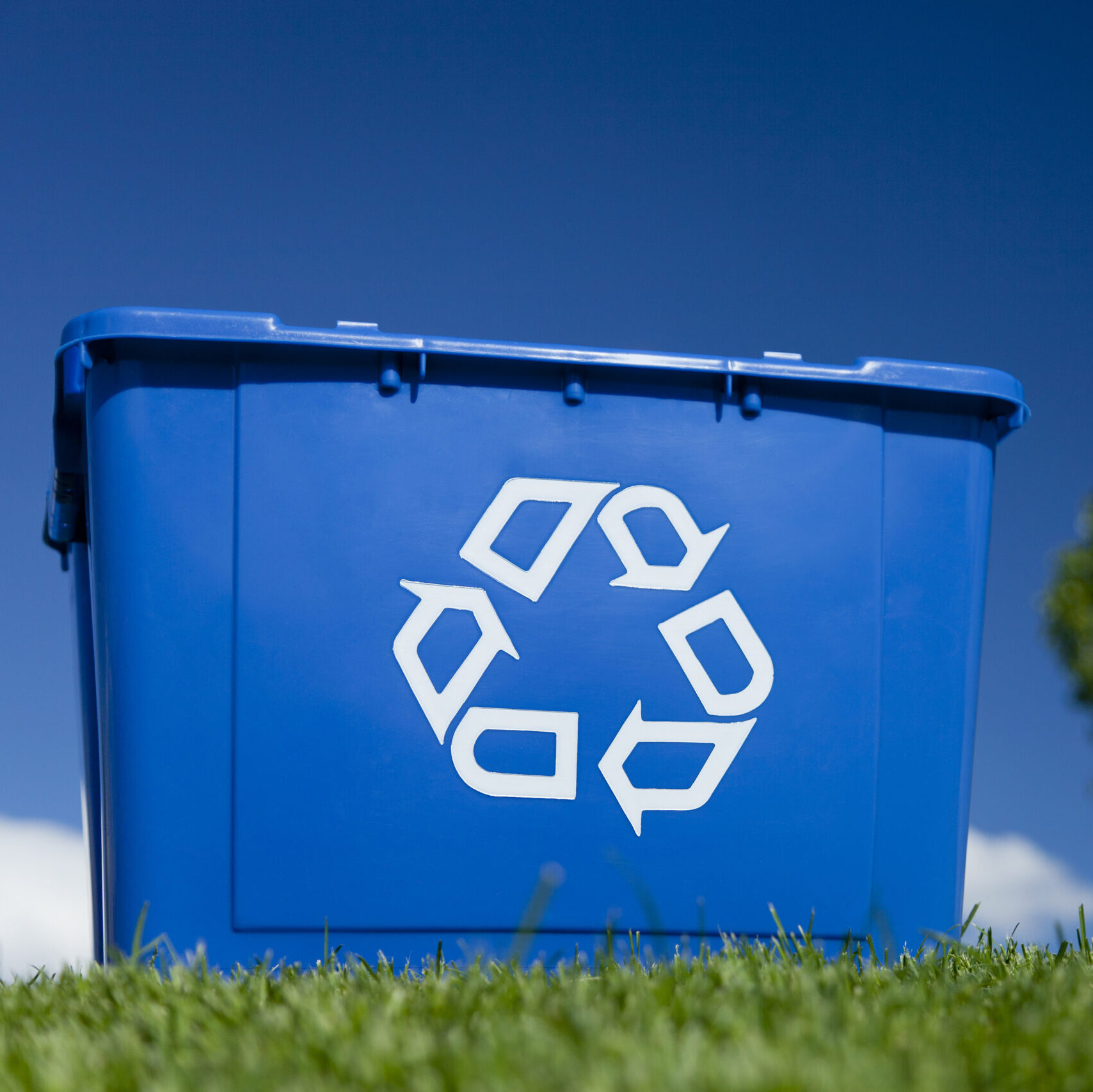Recycling in New Brunswick
New Brunswick has started transitioning to a recycling system where the businesses that sell packaging and paper products to consumers will be financially and operationally responsible for collecting, processing and recycling those materials.

An enhanced recycling program
New Brunswick’s Designated Materials Regulation under the Clean Environment Act shifts responsibility for recycling materials to the organizations that produce packaging and paper.
On November 1, 2023, the province began transitioning recycling programs to an extended producer responsibility (EPR) framework. During the transition period, there won’t be any changes to your recycling pick-up schedule or the materials you can recycle. What’s changing is who is responsible for funding and operating the recycling system.
Once the transition is complete, producers will be fully accountable and financially responsible for recycling the packaging and paper that end up in recycling bins or bags.
Transition timelines
The transition to the new system will be complete by 2027.
Consultation on the New Brunswick Stewardship Plan for Packaging and Paper
In 2022, Circular Materials completed a comprehensive consultation process with stakeholders on its Stewardship Plan. Resources from these consultations are included below.
FAQs
Check out our FAQs below to find out more about the new recycling system in New Brunswick. If you have any further questions, please contact us at info@circularmaterials.ca.
New Brunswick’s recycling system will transition to a new model where it is 100% funded and operated by producers – those that sell packaging and paper products to residents. Circular Materials is the not-for-profit organization responsible for the system and representing producers to ensure they meet their obligations under the new framework. You won’t notice any difference to your daily routine and you’ll still be able to recycle exactly the same materials as before. However, under the new system, producers are now financially responsible and accountable for managing the waste associated with their packaging and paper products.
Historically, New Brunswick’s recycling programs were operated by Regional Service Commissions, entities, and First Nations communities. Now, under the Designated Materials Regulation – Clean Environment Act, New Brunswick is transitioning to a new model where producers – the organizations that produce the packaging and paper products – will be responsible for operating and funding the program.
Circular Materials is collaborating with a network of redemption centres across New Brunswick to provide a convenient way to recycle these materials. You can drop off glass, white polystyrene foam, beverage cardboard, and flexible plastics at a participating redemption centre near you. Find a location and learn more here.
EPR is a framework in which brand owners – the businesses that supply packaging and paper to residents – are responsible for managing the end-of-life management of these materials. EPR enables innovation, operational efficiencies, increased standard levels, and access to materials. It is recognized as one of the most effective mechanisms to improve recycling rates.
Circular Materials is a national not-for-profit organization that is committed to building an efficient and effective recycling system in New Brunswick. As recycling in the province transitions to EPR, Circular Materials supports brand owners in delivering a best-in-class system that continues to provide recycling services to residents and meet their obligations under the Designated Materials Regulation.
EPR is recognized as one of the most effective mechanisms to improve recycling rates and advance a circular economy where materials are collected, recycled, and returned to producers for use as recycled content in new products and packaging.
